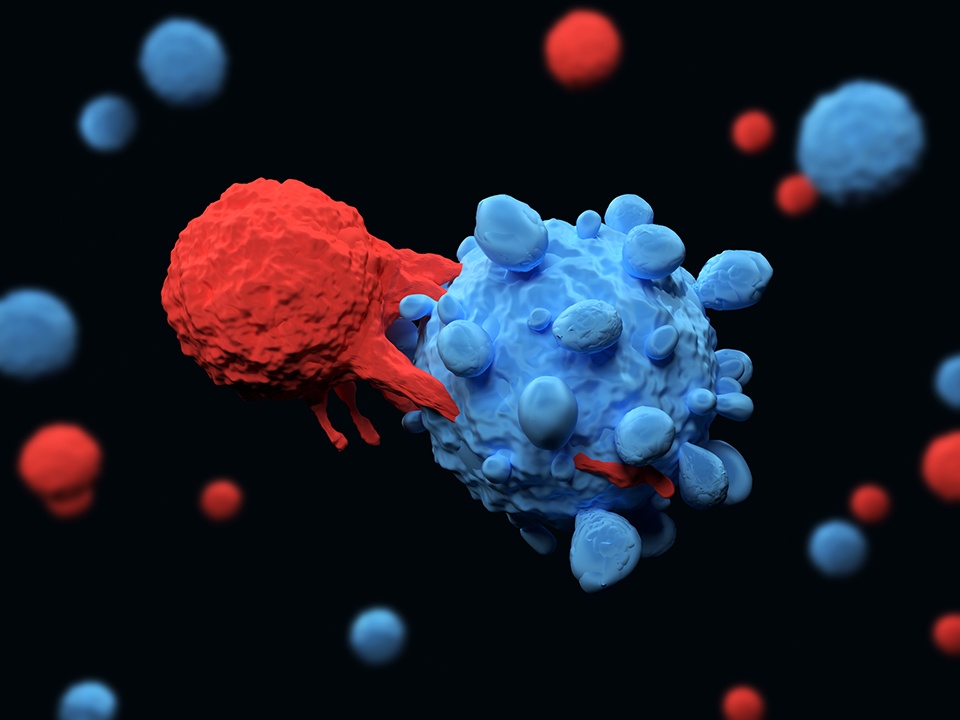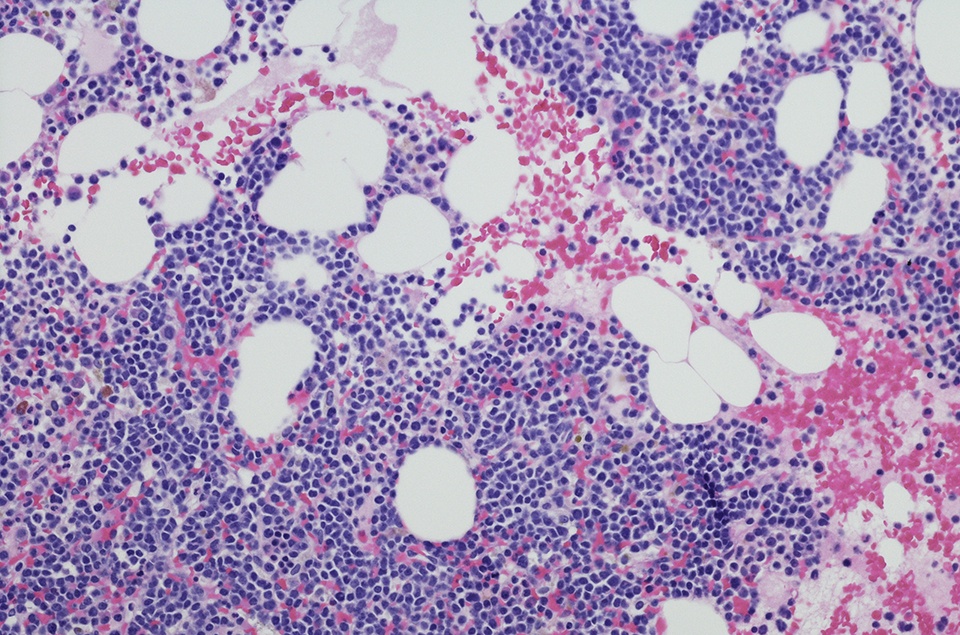
Prescribing chemotherapy is not a universal practice of advanced practice providers (APPs) in the oncology community, according to a poster presentation at the 2021 American Society of Hematology. “The need for oncology services will increase with the rise in cancer incidence and prevalence. As the rise continues, studies have shown oncology services will dramatically increase due to the predicted shortages of oncologists,” the authors wrote. “[Physician assistants and nurse practitioners] have validated their value by safely prescribing chemotherapy as they provide cancer care. This value has been key for both patient and physician colleagues.”
The survey was sent in January 2021 to 1,307 members of the Association of Physician Assistants in Oncology (APAO). Eleven percent of patients responded, 95% of whom were physician assistants (PAs), 3% were nurse practitioners (NPs), and 1% were described as “other.” Most respondents (87%) worked in medical oncology, but some worked in surgical oncology (6%) or radiation oncology (1%).
A total of 44% of respondents reported that they were able to independently sign chemotherapy orders, while 56% did not independently sign chemotherapy orders.
Of those who could sign orders, 60% worked in academic oncology centers and 35% worked in community oncology centers. In addition, 23% were only allowed to sign existing chemotherapy plans that did not require modifications.
Only 35% of respondents could initiate and sign new chemotherapy orders. Instead, the majority (89%) could sign existing orders. Most respondents were able to prescribe intravenous and oral medications, but only about one-third could prescribe intrathecal medications, and about half could prescribe clinical trial medications.
Of those respondents who could not prescribe chemotherapy, 74% worked in academic centers and 19% worked in a community practice. Most respondents reported no restrictions from the state medical board that would prohibit them from prescribing chemotherapy. However, 69% reported that their institution or facility did prohibit them from prescribing chemotherapy.
The survey also explored physician and employer attitudes towards APPs prescribing chemotherapy. Respondents were asked if their physician colleagues believed that limiting chemotherapy to physicians is a safety measure. About one-third reported that this was true, about one-third that this was false, and about one-third unsure.
APPs were also asked if they thought their physician colleagues believed experienced APPs should be allowed to prescribe chemotherapy. Again, the researchers reported mixed responses: 44% agreed, 11% disagreed, and 44% were unsure.
Finally, the APPs were asked if their employer believed experienced APPs should be allowed to prescribe chemotherapy. Here, 30% reported this statement as true, 20% said it was false, and about half said they were unsure.







 © 2025 Mashup Media, LLC, a Formedics Property. All Rights Reserved.
© 2025 Mashup Media, LLC, a Formedics Property. All Rights Reserved.